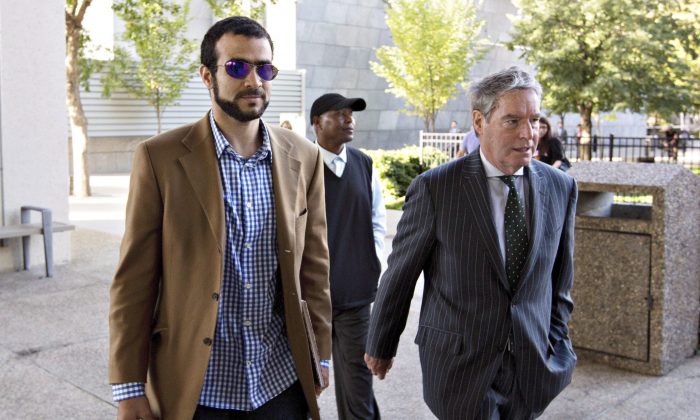Khadr pled guilty to charges related to his actions in Afghanistan, including throwing a grenade that killed a U.S. soldier. He later tried to retract his guilty pleas, claiming they were given under duress. Despite his attempts to appeal his convictions, the Supreme Court declined to review his case, citing his prior agreement to waive his right to appellate review. Khadr’s actions were linked to his involvement with al-Qaeda and his participation in attacks against U.S. forces. Khadr agreed to a plea deal in which he gave up his right to further review by the District of Columbia Circuit and the Supreme Court. The following day, he received a 40-year sentence.
During the sentencing hearing, the military judge ensured that Khadr understood and willingly accepted the terms of his appeal waiver. The convening authority later approved only eight years of the original 40-year sentence.
The government argues that the Supreme Court should not hear the case, as the circuit court’s decision was deemed correct and not in conflict with any other court rulings. Additionally, the unique circumstances of the case, involving a foreign detainee outside the US, make it unsuitable for review.
The government also points out that the circuit court does not have jurisdiction to hear the case, and Khadr waited until after he received the benefits of his plea deal to seek review. Furthermore, Khadr is now in Canada, beyond the reach of US confinement.
Source link






